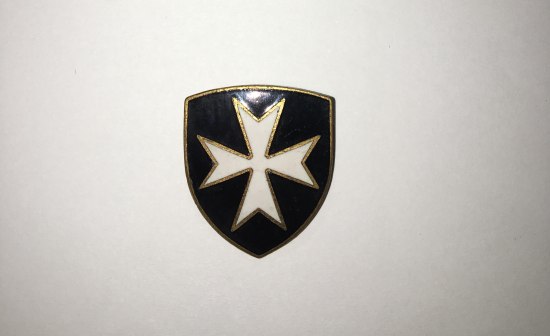
In 1917, President Wilson signed the Jones-Shafroth Act, granting Puerto Rican citizens U.S. citizenship. This act did not allow Puerto Ricans to vote for U.S. president or be represented in Congress, but it did give Puerto Ricans significantly more rights under U.S. rule than they had before (Boissoneault). The timing of the act was seen as suspicious by many, however, as it was signed just in time for the new U.S. citizens of Puerto Rico to be drafted into the U.S. military to fight in World War I (Boissoneault). In the course of the war 17,855 Puerto Rican men served in the U.S. military, though they were forced to serve in segregated regiments (Boissoneault). Many Puerto Rican politicians saw this service as an opportunity to possibly gain more rights or a path to statehood while many who served in the segregated forces became more disillusioned with the American promise (Boissoneault). The U.S. government also denied signing the Jones-Shafroth Act just to gain more soldiers, but it was still a strategic move. Nationalism and discontent under U.S. rule had been growing in Puerto Rico, and the U.S. recognized that continuing to deny citizenship would risk stability on the island, which was strategically important to the military, and could negatively affect U.S. relations with other Latin American countries (Boissoneault).
In World War I, Puerto Ricans served in the 65th Infantry Regiment, which was the first segregated regiment for Hispanic soldiers in U.S. History (Rivera-Negrón). The regiment was nicknamed the Borinqueneers, which was a reference to the ancient Taino name for Puerto Rico, Boriquén (Rivera-Negrón). During the war, this regiment was sent to Panama to guard U.S. interests at the Panama Canal rather than being sent to Europe (The Borinqueneers). The 65th Infantry Regiment would remain a separate regiment in the military through the end of the Korean War in the 1950s, gaining many accolades for their service (The Borinqueneers).
Works Cited
Boissoneault, Lorraine. “Puerto Ricans Got U.S. Citizenship 100 Years Ago—But Their Identity Remains Fraught.” The Smithsonian, March 7, 2017. https://www.smithsonianmag.com/history/100-years-ago-puerto-ricans-got-us-citizenship-it-only-made-things-more-complicated-180962412/.
Rivera-Negrón, Verónica. “Through a Puerto Rican Lens: The Legacy of the Jones Act.” National Museum of American History, February 28, 2017. https://americanhistory.si.edu/blog/through-puerto-rican-lens-legacy-jones-act.
“The Borinqueneers: The Forgotten Heroes of a Forgotten War.” Center for Puerto Rican Studies. Hunter College, n.d. https://centropr.hunter.cuny.edu/centrovoices/chronicles/borinqueneers-forgotten-heroes-forgotten-war.
